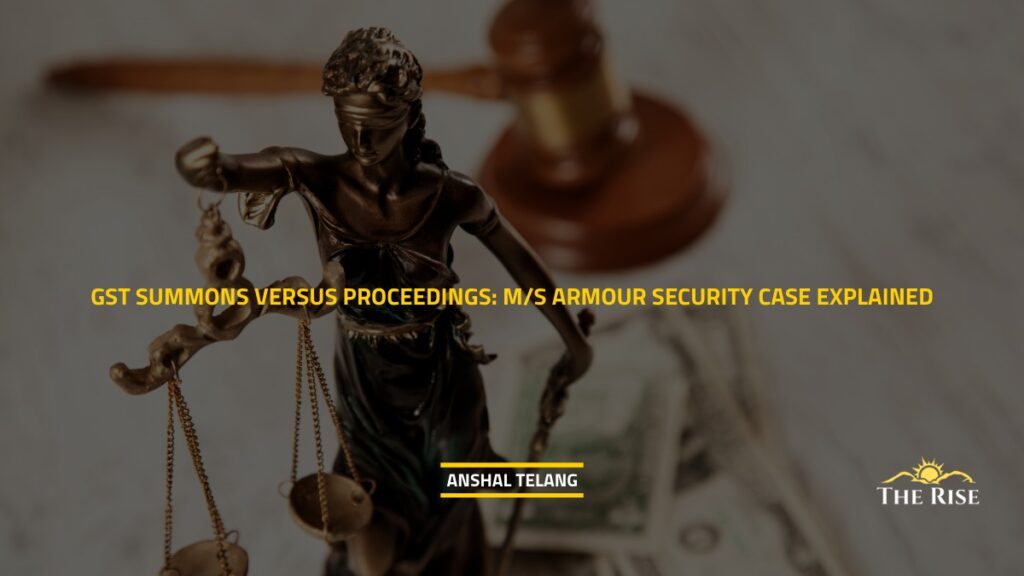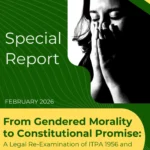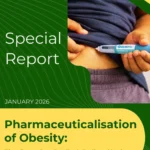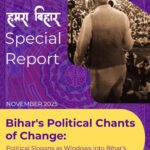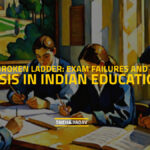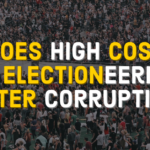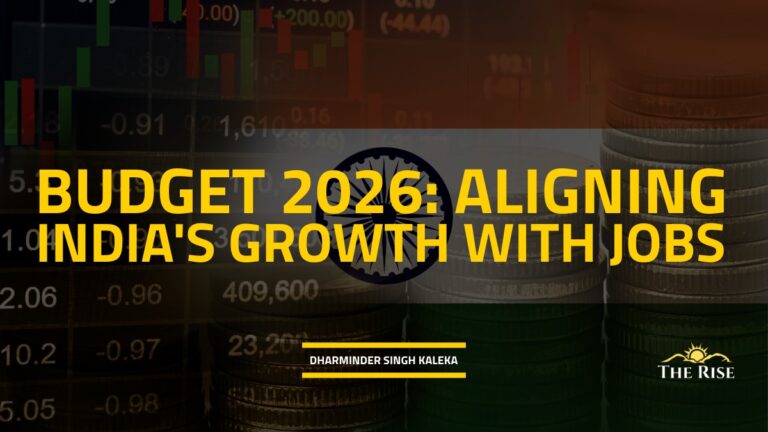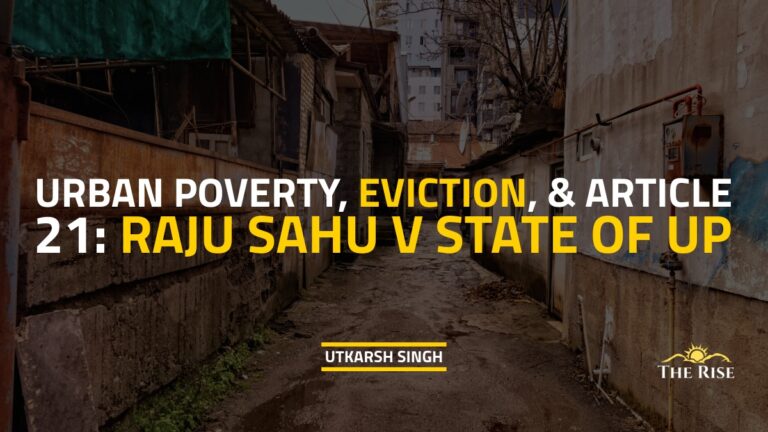The judgment is a key step towards a more efficient and transparent GST regime. It balances enforcement powers with taxpayer protection, boosting confidence, reducing costs, and fostering a stable business environment for India’s growth.
On August 14, 2025, the Supreme Court of India drew a crucial distinction between an ‘inquiry’ and ‘proceedings’ as mandated in the CGST Act of 2017. The judgment aimed at protecting taxpayers from dual adjudication, while ensuring effective, actionable data-driven cooperation between authorities.
A two-judge bench of Justice J.B. Pardiwala and Justice R. Mahadevan held that summons issued under Section 70 are part of fact-finding (inquiry) and do not amount to the initiation of proceedings under Section 6(2)(b). The Court clarified that the formal proceedings shall begin only when a show-cause notice (SCN) is issued under Sections 73 or 74.
The issue came into the limelight when a Delhi-based security services company found itself caught in a tangle of GST investigations. For the financial year 2020–21, the company had already received a show-cause notice under Section 73 of the CGST Act, demanding about ₹1.25 crore in taxes, along with interest and penalties. This meant that formal proceedings had already begun.
But a few months later, in January 2025, GST authorities struck again. They raided the company’s offices and served summons, this time under Section 70, for the production of documents. The company objected, arguing that this was illegal. Their reasoning was based on Section 6(2)(b) of the CGST Act, which bars the initiation of proceedings by one authority on the ‘same subject matter’ where another authority had previously embarked on the proceedings. The “subject matter” refers to the main issue being decided by the court, and not every document or detail collected during the inquiry stage.
The writ petition filed by the security company was, however, dismissed by the Delhi High Court. The company then approached the Supreme Court, raising a crucial legal question: Does issuing a summons count as “initiation of proceedings” under Section 6(2)(b)? If it does, then the actions of the second investigating agency should be barred.
The Supreme Court, in its final ruling, delineated a clear line. The court argued that at the stage of summons, authorities are in fact-gathering, which is a part of the inquiry stage. The issuance of a summons does not amount to the initiation of ‘formal adjudicatory proceedings ‘ under Section 6(2)(b). True proceedings, the Court said, begin only when a show-cause notice is issued, because that is when breaches are identified and action is proposed.
Thus, the court held that the summons conducted by another investigative authority is permissible as long as both authorities coordinate and don’t lead to duplication of adjudication on the ‘same subject matter’. Also, the court argued for the quashing of a subsequent show-cause notice on the same subject if already issued. The court has encouraged adherence to the ‘Guidelines on Issuance of Summons (17.08.2022)’ and IT-driven coordination for seamless data sharing. If the concerned authorities fail to coordinate, then the taxpayers have the judicial recourse of writs to safeguard their rights.
Yet, despite such judicial interventions aimed at streamlining processes, the broader reality of GST litigation remains grim.More than 14,000 GST appeals are pending with the Central GST authorities, highlighting the long-lasting GST litigation scenario. Broader tax disputes in India often take as long as 15 years to resolve, underscoring how compliance complexities and prolonged disputes weigh heavily on businesses.
This strain is increasingly visible on the ground. Recently, the industry and trade unions in Tamil Nadu, representing medium, small, and micro enterprises (MSMEs), petitioned against the Chief Minister M K Stalin, as they faced ‘harassment’ by the state GST authorities in the forms of frequent checks, overlapping audits, and penalties for minor clerical errors.
In this light, this judgment attempts to address the issues of:
I. ‘Inter-Authority’ Coordinated Empowerment: Introduction of guidelines in which the first adjudicatory authority shall notify the other authority units about the proceedings and determine a fixed timeline for the same. Also, the said guideline should allow for the seamless, real-time sharing of data or intelligence between two investigative authorities, without compromising the taxpayer’s privacy within the legal ambit.
II. Clarification on ‘Initiation of Proceedings’: Bring changes in the existing CGST Act or issue an order to clearly demarcate the boundary between investigative summons and adjudicatory proceedings.
III. Ombudsperson: The appointment of an ombudsperson may be brought in to resolve the issues faced in the cross-jurisdictional investigation, subject to the cases of GST administration, to have a better compliance mechanism.
IV. Modifications in Standard Operating Procedures (SOPs): The concerned tax authorities are required to update their SOPs to reduce any discrepancies at the stage of summons, along with proper record-keeping of reasons for the said summons or searches. Also, there should be time-to-time supervisory checks to monitor the implementation of SC’s ruling.
The Supreme Court decision is a key step towards a more efficient and transparent GST regime. It balances enforcement powers with taxpayer protection, boosting confidence, reducing costs, and fostering a stable business environment for India’s growth.
Anshal Telang is an intern under TRIP
Mentored and Edited by Sneha Yadav
References:
M/S Armour Security (India) Ltd v. Commissioner, CGST, Delhi East Commissionerate & ANR, Supreme Court of India, Special Leave Petition © No. 6092 of 2025. https://api.sci.gov.in/supremecourt/2025/8334/8334_2025_8_1501_63274_Judgement_14-Aug-2025.pdf
Talwar, S. (2025). Parallel proceedings can’t be initiated by tax administration under GST regime: SC. Law Beat. https://lawbeat.in/news-updates/parallel-proceedings-cant-be-initiated-by-tax-administration-under-gst-regime-sc-1515491
Surabhi. (2023), MoS Fin in Lok Sabha: Over 14,000 appeals relating to Central GST pending between April and June. Business Today.
Gujarat Samachar (2025).GST cases worth ₹5000 cr pending in Gujarat, Tribunals yet to be formed. https://english.gujaratsamachar.com/news/gujarat/gst-cases-worth-5000-cr-pending-in-gujarat-tribunals-yet-to-be-formed
White & Brief. (2025). Analysing GST dispute resolution: How GSTAT can transform Tax Litigation.
De, S. (2023). Direct Taxes Litigation Management and Alternate Dispute Resolution. Working Paper No. 394. National Institute of Public Finance and Policy. https://www.nipfp.org.in/media/medialibrary/2023/04/WP__394_2023.pdf
Taxo. (2024). GST APPEAL PROCESS TO BE FULLY DIGITISED.https://taxo.online/latest-news/03-06-2024-gst-appeal-process-to-be-fully-digitised/

